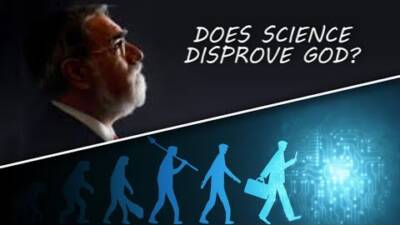The Torah is, we believe, 3,300 years old. And everything in the Universe has changed since then, at least everything in the human universe has changed since then. We’ve gone through unimaginable advances in science and technology and on our understanding of life and of the universe, physics, chemistry, biology. And yet the lessons of Torah remain eternally true.
No greater principle of equity has ever been put forward than tzedakah. That wonderful phrase, “loving-kindness”. The English language in 1535, when Myles Coverdale did the first English translation of the Hebrew Bible and discovered there was no English word that meant chessed. The idea that you find in the Torah, and then in Isaiah and Micah, that peace is an ideal. It was an idea that never really surfaced in Europe until the late 18th century when Immanuel Kant wrote about it.
So time after time after time, the great principles of the Torah have stood the test of time. And we don’t know of any other literature that has done just that. So when, for instance, I’m asked to advise the Government on an environmental policy, you turn to the Torah and you discover this is the first environmental legislation ever established.
The idea of bal tashchit [do not destroy], the idea of the shemittah year, (letting the land rest every seven years) and so on. Whether you look at child poverty, (I was asked by the British Government to launch their child poverty action programme), and of course children are absolutely the key elements in the book of Exodus, [and the] book of Deuteronomy. They’re all about teaching children and making the care of children your fundamental priority.
The only place in the Torah where a reason is given for the choice of Abraham, is that “I’ve chosen him in order that he will instruct his children to follow the way of the Lord.” So the Torah is the only document we know whose teachings remain as powerful, as relevant, and as universally forceful today, as they did 3,300 years ago.
In partnership with TorahCafe (www.torahcafe.com), Rabbi Lord Jonathan Sacks recorded a series of short videos in May 2013, in answer to some of the most frequently asked questions of Judaism (and faith in general).
SHARE
More from FAQs

What was the Rambam controversy?
Question 13

What is Jewish leadership all about?
Question 12

Would the world be better without any religion?
Question 11

What is a Rabbi?
Question 10

Why do bad things happen to good people?
Question 9

What do Jews believe about the afterlife?
Question 8

What's the purpose of life?
Question 7

What does the term ‘Chosen People’ mean?
Question 6

If you could ask God one question, what would you ask?
Question 5

How can the belief in God be reconciled with science, especially evolution?
Question 4

How do you know there is a God?
Question 2

What are the basic beliefs in Judaism?
Question One
